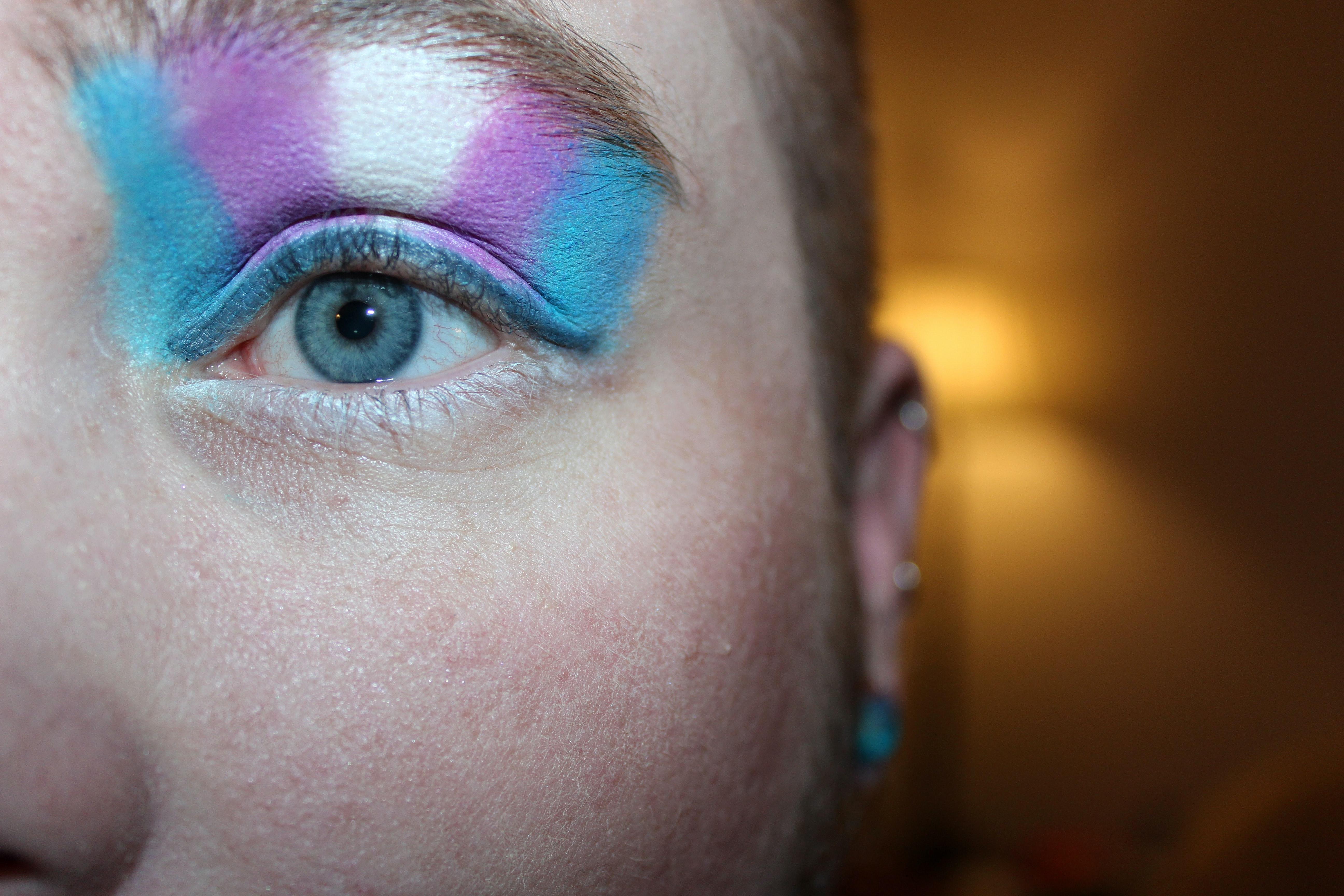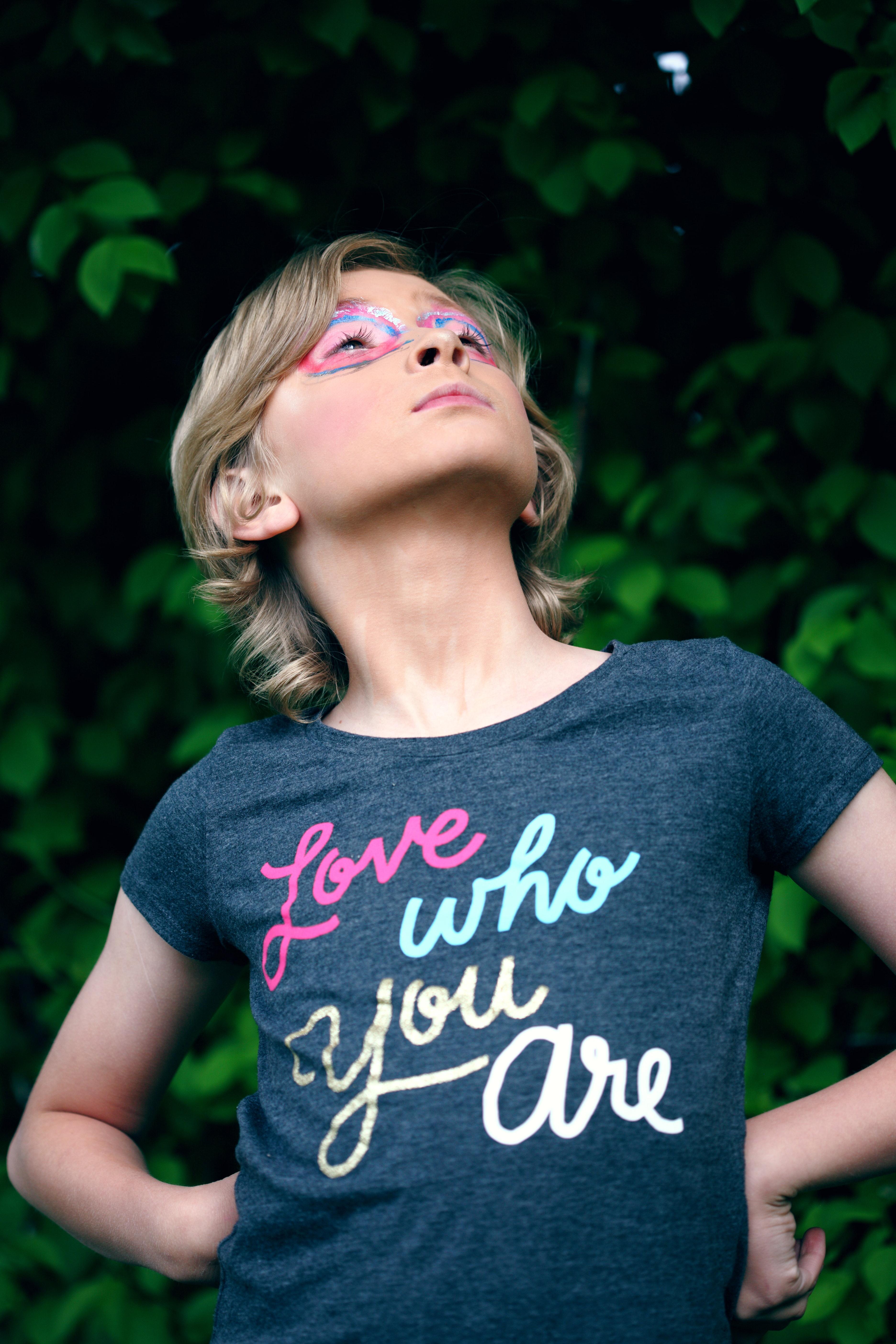
Why 'Body Neutrality' Is Better Than 'Body Positivity' & How To Shift Your Thinking
Everyone has days where they don't feel beautiful, yet there are some folks who never feel attractive. "Transgender people may not love a physical body that doesn’t match their gender, and people living with disabilities may not always love a body that prevents them from moving freely," mental health writer Crystal Raypole says.

Body positivity urges you to delight in your form whether you're having a bad body image day or are consistently unhappy with your physical appearance. The outlook rests on the "assertion that all people deserve to have a positive body image," says author and educator Kendra Cherry. While in essence the premise appears to be good, have you ever tried to love something you didn't really like?
In its attempt to be commendatory, body positivity can lead to frustration, guilt and shame. Why? Because it centers your worth on your appearance. "Remember, your body belongs to you. It doesn’t exist to be admired or objectified," Raypole says.
Body neutrality, on the other hand, encourages you to "break the habit of connecting your body to your sense of self-worth." This concept first appeared in 2015 as a direct response to the positivity movement and sends the message that "in reality, you don’t have to hate or love your body," psychotherapist Amy Launder explains. "Instead, you can simply accept it for what it is: the vehicle that carries you from place to place and allows you to enjoy all that life has to offer."
If you would like to shift your thinking toward neutrality, the first step is to say no to corporeal discourse. When you "notice that you or a friend are starting to talk body talk, try to redirect the conversation more towards how you or they are feeling, or something else entirely, like what plans they have for the weekend!" counsels Launder.
As you pull the focus off of image, Raypole further suggests you feed yourself "whole, fresh foods that provide essential nourishment to your body, but also make sure to enjoy desserts and snacks instead of denying your cravings."
From time to time, you will have negative thoughts. After all, you are forging new pathways in your brain, and this doesn't happen overnight. Go ahead and "acknowledge the thoughts and feelings without judgement," says Launder. Try to get to the source of your negativity and ask yourself: "has someone said something to you, are you feeling tired or irritable, what else is going on."

Learning to accept yourself is only a small piece of a much larger puzzle. "We live in a world that constantly, ruthlessly judges our bodies —particularly if our bodies are anything other than white, thin, abled, free of scars and blemishes, or otherwise marked by difference," says writer Aubrey Gordon, who is a self-proclaimed "very fat person."
Gordon cautions people not only to appreciate themselves, but also to see that in order for real change to happen, they must tackle " the systems that produce inequality among our bodies" in the first place.
